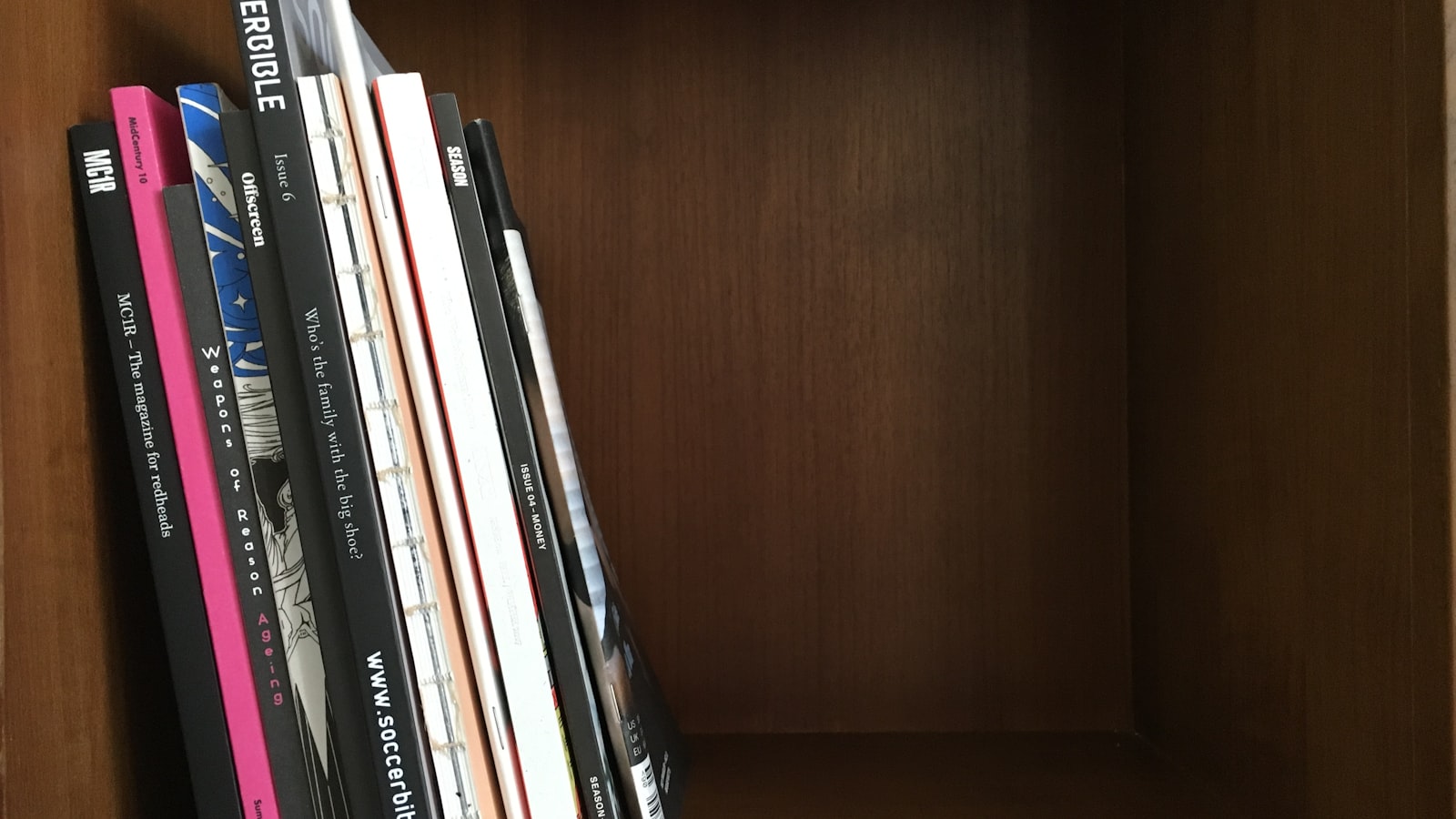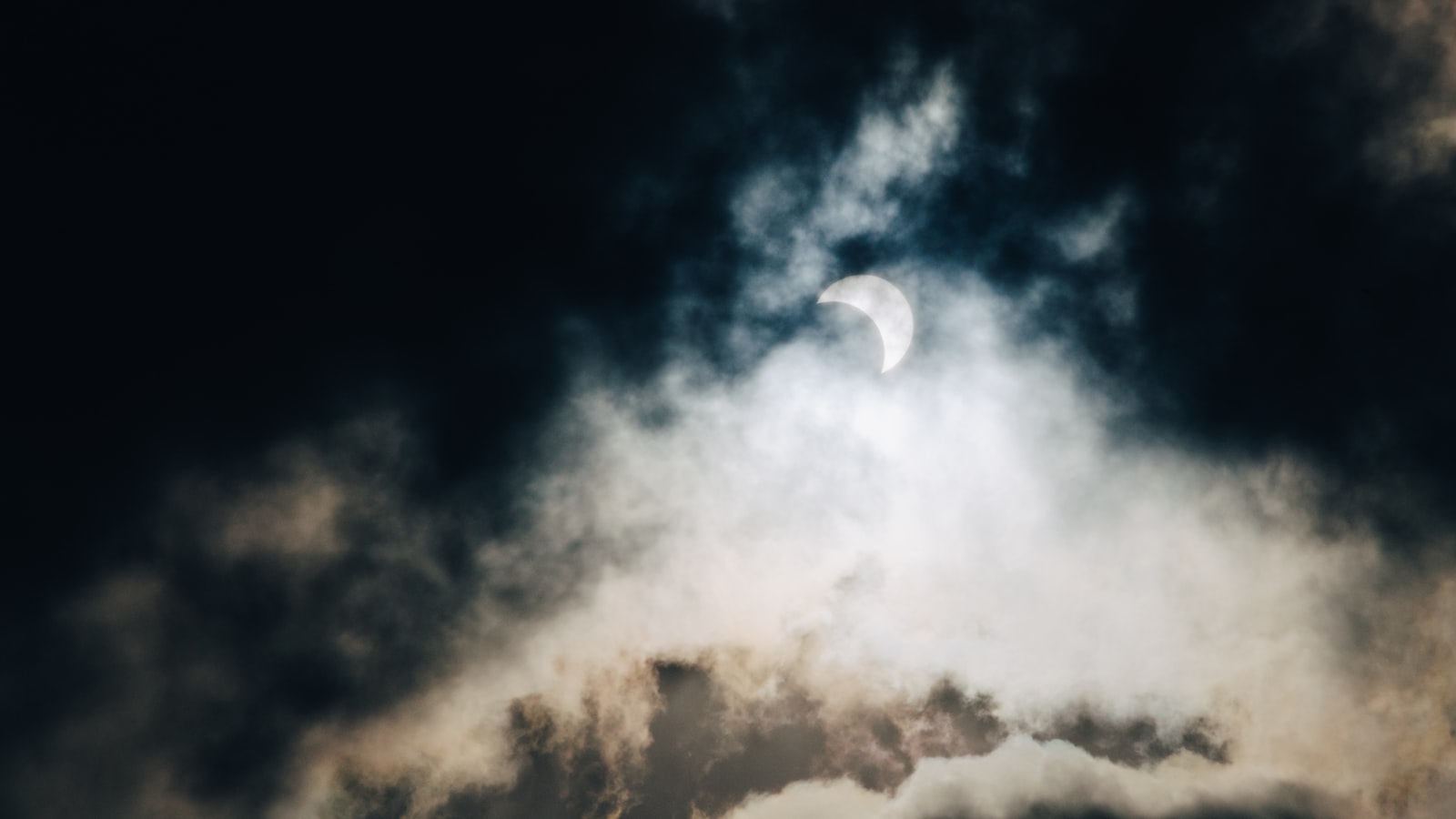Imagine a world where the sun is swallowed whole, not by a dragon as ancient myths often suggest, but by the vastness of technology's imagination—welcome to the realm of science fiction, where solar eclipses take on new meaning. From Arthur C. Clarke's "2001: A Space Odyssey" to Stephenie Meyer's "Twilight," eclipses have become a celestial stage for human drama and the unfathomable depths of space. 🌌
In this blog post, we'll traverse the cosmos of science fiction literature, films, and television series to unravel how eclipses have been portrayed and what these depictions suggest about our relationship with this awe-inspiring event. Buckle up, space travelers! We're headed for an odyssey into the darkness and back into the light.
Eclipses have long fascinated humankind, a spectacle science fiction writers haven't shied away from exploiting. They've woven eclipses into their narratives as harbingers of change, moments of profound revelation, or turning points in their characters' lives.

Take Isaac Asimov's "Nightfall," for instance, where an entire civilization experiences a solar eclipse for the first time, plunging them into unthinkable darkness and chaos. Asimov used the eclipse to explore psychological terror and the collapse of societal norms, reminding us that the cosmos can upend our world in more ways than one.
Hollywood and Eclipses: A Visual Spectacle
In cinema, the eclipse often plays a dual role: it serves as a critical plot device and provides a visual feast capable of captivating any audience. The "pitch-black moment" in films isn't just a turn of phrase; it's when the impossible becomes possible, and eclipses are perfect for such narrative sleights of hand.

"Dolores Claiborne," based on Stephen King's novel, masterfully uses a solar eclipse as a backdrop for the movie’s climax, linking it to the dark secrets of its characters. The eclipse is not just a natural phenomenon but a symbol of revelation and transformation.
TV Series: The Eclipse as a Metaphor and Motif
In television, the eclipse has been employed to trigger supernatural events, reveal hidden truths, or mark the passage of time. It functions as a powerful metaphor for change, often signaling a shift in the story's direction or a character's destiny.
In the series "Heroes," an eclipse plays a pivotal role in the story's mythology, where it is tied to the origins and triggering of the characters' powers. This cosmic event becomes a narrative pivot that furthers the mythic quality of the series.

Beyond the Screen: How Video Games Use Eclipses
Eclipses in video games are more than just a pretty skybox; they're opportunities for game designers to tweak the rules of their worlds. An eclipse might signal a time for monsters to become stronger, for magic to wane or wax, or for secret paths to emerge.
In "The Legend of Zelda: Breath of the Wild," an eclipse could theoretically alter the landscape, playing into the game's central theme of exploration and discovery. Though not explicitly featured, the idea itself is a testament to the eclipse's potential power in gaming narratives.
Knowing When to Look Up: Tracking Real Eclipses
As you delve deeper into the fictional representations of eclipses, you might begin to wonder when you can witness this astronomical event yourself. After all, there’s something exhilarating about experiencing what has sparked so many creative minds. For that, there’s no need to consult the stars—eclipse-timer.com is just what any budding astronomer needs. It keeps you informed about upcoming solar eclipses, giving you precise times and dates for these celestial occurrences.youtu

Get your calendars out and maybe plan a sci-fi themed party with friends or a quiet moment of introspection under the awe-inspiring shadow of the moon. With eclipse-timer.com, you'll never miss the cosmic dance of the sun and moon—a wonder that has inspired storytellers for generations.
Interesting Facts About Eclipses in Sci-Fi
Now, let's beam in some tantalizing tidbits that’ll make you the solar eclipse trivia champion of your next geek gathering:
- Asimov’s Echo in Reality: The planet Lagash in Asimov’s "Nightfall" experiences constant sunlight from multiple stars, making their singular eclipse every 2000 years a cataclysmic event. While we don't have multiple suns, total solar eclipses on Earth are no less captivating.
- Thriving on Specs in Specs: In "Pitch Black," a film starring Vin Diesel, an extended eclipse unleashes predatory creatures. Note to self: always carry a flashlight… and perhaps a multi-tool that includes a monster repellent.
- Cult Classics: “Little Shop of Horrors,” though not strictly sci-fi, features an eclipse that precedes the arrival of the man-eating plant, Audrey II. Remember, if a strange and interesting plant appears during an eclipse—don’t feed it!
Eclipses are mirrors that reflect our cultures, our fears, and our ambitions. In science fiction, they can prophesy doom, herald hope, or mark the beginning of an adventure. They are a nod to the deeply human need to understand our universe and our place within its infinite vastness.

Encourage Exploration and Participation
Have you ever read a book or watched a show where an eclipse served as a pivotal moment in the story? How did it impact the plot or the characters? Share your experiences and thoughts in the comments below—let's create a constellation of eclipse stories!
Remember to enrich your next sci-fi marathonic session by keeping track of real-world eclipses with eclipse-timer.com, and maybe get a hint of that otherworldly feeling during the next solar event.
As our expedition draws to a close, I hope this has illuminated how eclipses can be both a spectacle in the sky and in the hallowed halls of science fiction. From the silence that falls when day becomes night to the swell of emotions that follow, eclipses in sci-fi reflect our fascination with the unknown and our eternal quest for understanding.
When you next look up at the sky, whether during an eclipse or a clear night speckled with stars, remember the stories that played out under similar skies, in imaginations far and wild. Until we meet again in another tale or under the shadow of the moon, keep dreaming, keep watching, and always be ready for the next cosmic event on eclipse-timer.com.
And, cut! That's a wrap on our exploration of eclipses in science fiction. Don't forget to share this post with your fellow space enthusiasts and leave us a like if you enjoyed our interstellar journey. Until next time, may your curiosity be as boundless as the universe itself. 🚀🌒



















